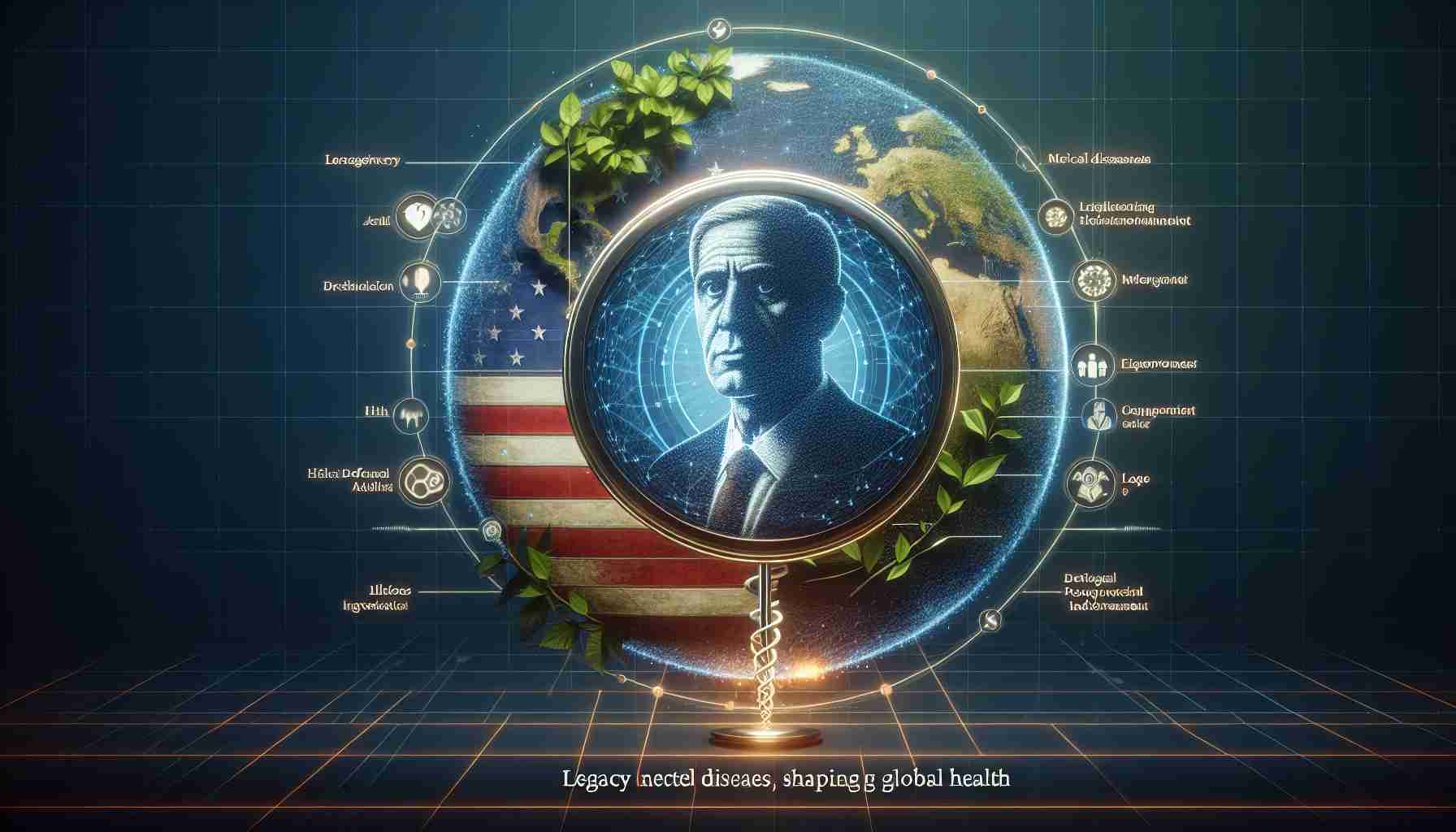Transforming Public Health Worldwide
Jimmy Carter, the 39th President of the United States, left a staggering impact on global health even after his presidency ended. Since stepping down from the White House in 1981, he channeled his energy into combating neglected diseases and advocating for human rights. This occurred through the Carter Center, established in 1982 with his wife, Rosalynn. Their leadership revolutionized how the world addresses tropical diseases and set a humanitarian standard rooted in respect for local communities.
One of Carter’s landmark achievements was the near-eradication of Guinea worm disease, once rampant in rural regions. When the Carter Center took charge in 1986, millions were afflicted. Through direct community engagement and distributing water filters, the number of reported cases plummeted to just 14 by late 2023, marking a remarkable public health triumph.
Carter’s efforts also extended to onchocerciasis, or river blindness, fostering collaboration with pharmaceutical companies to ensure that millions received crucial treatments. His advocacy for equitable healthcare led him to strike deals with world leaders and pharmaceutical giants, emphasizing that access to health is a fundamental human right.
In a strategic partnership with the Gates Foundation, Carter’s wisdom guided the focus between immediate health needs and long-term solutions, cementing his role as a key figure in the global health landscape. His legacy of empowerment and sustainable change continues to inspire efforts against neglected diseases worldwide.
The Lasting Legacy of Jimmy Carter in Global Health Initiatives
Jimmy Carter’s influence on global health extends far beyond his tenure as the 39th President of the United States. His post-presidential dedication to humanitarian causes through the Carter Center has become a hallmark example of how political leaders can transform public health and emphasize human rights issues.
Key Innovations in Public Health
Carter’s innovative approaches in health advocacy include the deployment of community health workers, who play a critical role in education, prevention, and treatment efforts in underserved areas. This grassroots model has not only empowered local populations but also ensured that health interventions are culturally sensitive and effective.
Achievements in Disease Eradication
One of the most significant achievements under Carter’s leadership was the near-eradication of Guinea worm disease, a parasitic infection that plagued millions. The comprehensive strategy employed by the Carter Center involved:
– Community Engagement: Actively involving villagers in the prevention and reporting of cases.
– Distribution of Water Filters: Providing clean water access significantly reduced infection rates.
– Education Campaigns: Informing communities about the life cycle of the Guinea worm, thereby changing behaviors to aid in prevention.
By the end of 2023, reported cases dropped dramatically to just 14, demonstrating the efficacy of these strategies.
Major Collaborations and Partnerships
Carter’s ability to foster collaboration is exemplified by his work on onchocerciasis, or river blindness. He successfully partnered with pharmaceutical companies to ensure the distribution of necessary treatments, notably the use of ivermectin for prevention, which has been pivotal in several African countries.
In addition to his work with private sectors, a strategic partnership with the Bill and Melinda Gates Foundation further amplified his influence, combining immediate health responses with substantial long-term strategies targeting systemic health solutions.
Pros and Cons of Carter’s Public Health Strategies
Pros:
– Significant reduction in neglected diseases.
– Empowerment of local communities through education and resources.
– Strengthened partnerships between public and private sectors for health initiatives.
Cons:
– Some critics argue that reliance on external organizations may undermine local governance and health systems.
– Long-term sustainability of programs can vary, especially in politically unstable regions.
Future Trends in Global Health Inspired by Carter’s Legacy
Looking ahead, Carter’s model suggests several trends in global health efforts, including:
– Increased emphasis on local community engagement and ownership of health initiatives.
– A growing focus on collaborative platforms involving governments, NGOs, and the private sector.
– Innovation in technology and health education approaches that are tailored to specific community needs.
Final Thoughts
Jimmy Carter’s humanitarian legacy through the Carter Center has reshaped global health initiatives, emphasizing the importance of community involvement, innovation, and sustainable practices. His work serves as both an inspiration and a blueprint for future efforts in combating neglected diseases and improving public health worldwide.
For more insights on global health initiatives, visit the Carter Center.
